Here are 5 ayurvedic spices to flush out Bad LDL Cholesterol without medication
Wed 14 Aug 2024, 00:08:46
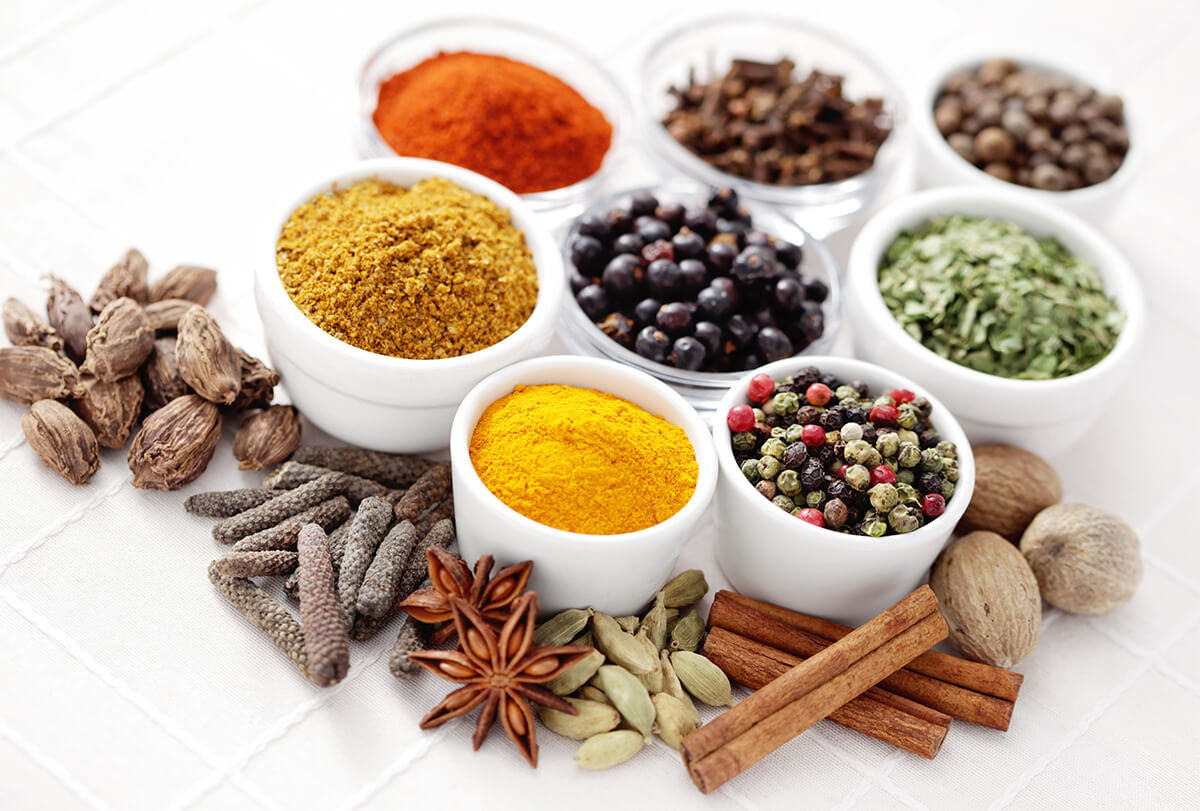
Ayurveda, an ancient system of natural healing, offers a wealth of knowledge on how to maintain health and balance in the body. Among its many recommendations, certain spices have been recognized for their ability to help lower bad LDL cholesterol naturally, without the need for medication. From turmeric to guggul, here are five powerful Ayurvedic spices that can support heart health and promote overall well-being.
1. Turmeric (Curcuma longa)
Turmeric is often hailed as a golden spice in Ayurveda, renowned for its potent anti-inflammatory and antioxidant properties. The active compound in turmeric, curcumin, has been shown to reduce LDL cholesterol levels by preventing the oxidation of cholesterol in the arteries. This helps in maintaining healthy blood vessels and preventing plaque buildup, which can lead to heart disease.
How to Use: Incorporate turmeric into your daily cooking by adding it to curries, soups, or warm milk. You can also consume it as a supplement after consulting a healthcare professional.
2. Garlic (Allium sativum)
Garlic has been a staple in Ayurvedic medicine for centuries, known for its ability to improve cardiovascular health. It contains allicin, a compound that helps reduce LDL cholesterol levels and prevents blood clots. Regular consumption of garlic can also enhance the elasticity of blood vessels, promoting better blood circulation.
How to Use: Add fresh garlic to your meals, such as in salads, stir-fries, or sauces. For more concentrated benefits, you can take garlic supplements, but it's important to consult with a healthcare provider first.
3. Fenugreek (Trigonella foenum-graecum)
Fenugreek seeds are a common ingredient in Ayurvedic cooking and are known for their cholesterol-lowering effects. The seeds contain soluble fiber, which helps reduce the absorption of cholesterol in the intestines, thereby lowering
LDL cholesterol levels. Fenugreek also supports healthy digestion and blood sugar levels.
LDL cholesterol levels. Fenugreek also supports healthy digestion and blood sugar levels.
How to Use: Soak a teaspoon of fenugreek seeds in water overnight and consume them on an empty stomach in the morning. You can also add fenugreek powder to curries, bread, and other dishes.
4. Cinnamon (Cinnamomum verum)
Cinnamon is a popular spice with a warm, sweet flavor, and it has significant health benefits. Studies suggest that cinnamon can help lower LDL cholesterol and triglycerides while increasing HDL (good) cholesterol. Its antioxidant properties also help protect the heart by reducing inflammation and oxidative stress.
How to Use: Sprinkle cinnamon on your breakfast cereals, oatmeal, or yogurt. It can also be added to teas, smoothies, and baked goods for a delicious and heart-healthy boost.
5. Guggul (Commiphora mukul)
Guggul is a resin extracted from the Mukul myrrh tree, and it has been used in Ayurvedic medicine to treat a variety of ailments, including high cholesterol. Guggul contains guggulsterone, a compound that helps lower LDL cholesterol and triglycerides. It also supports the liver's ability to metabolize fats, aiding in the overall reduction of cholesterol levels.
How to Use: Guggul is usually taken as a supplement in capsule or tablet form. Since it’s a potent herb, it’s best to use it under the guidance of an Ayurvedic practitioner or healthcare provider.
Incorporating these Ayurvedic spices into your daily routine can help manage and lower bad LDL cholesterol naturally. While these spices offer significant health benefits, it's important to maintain a balanced diet, exercise regularly, and consult with a healthcare professional before making any significant changes to your health regimen. With the right approach, you can support your heart health and enjoy the holistic benefits of Ayurveda.
No Comments For This Post, Be first to write a Comment.
Most viewed from Health
AIMIM News
Latest Urdu News
Most Viewed
May 26, 2020
Which Cricket team will win the IPL 2025 trophy?
Latest Videos View All
Like Us
Home
About Us
Advertise With Us
All Polls
Epaper Archives
Privacy Policy
Contact Us
Download Etemaad App
© 2025 Etemaad Daily News, All Rights Reserved.

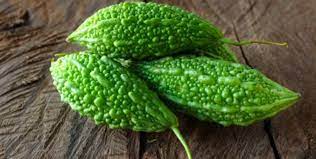

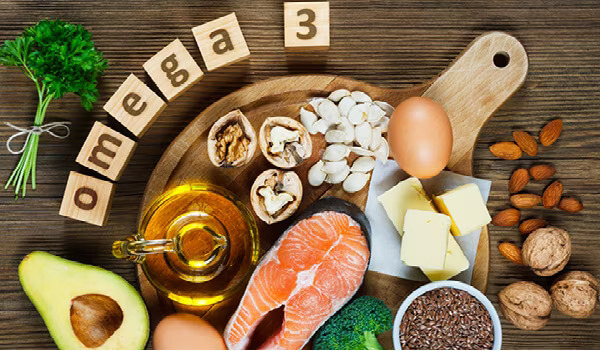
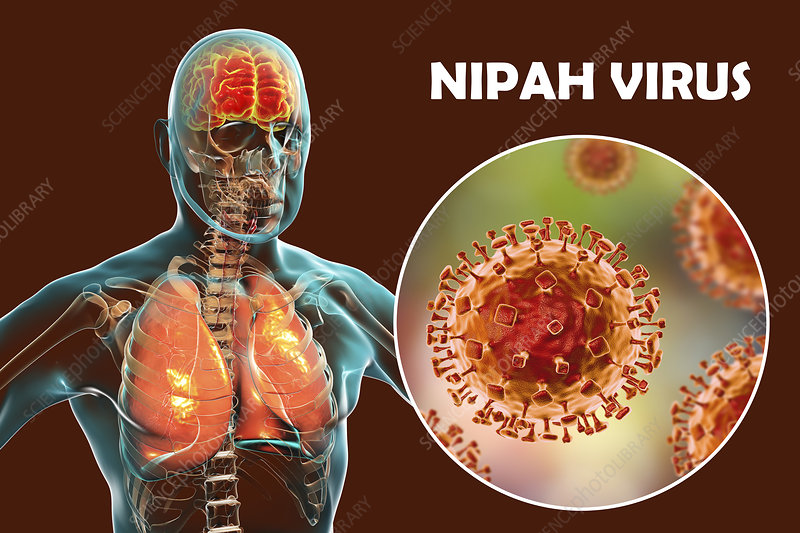
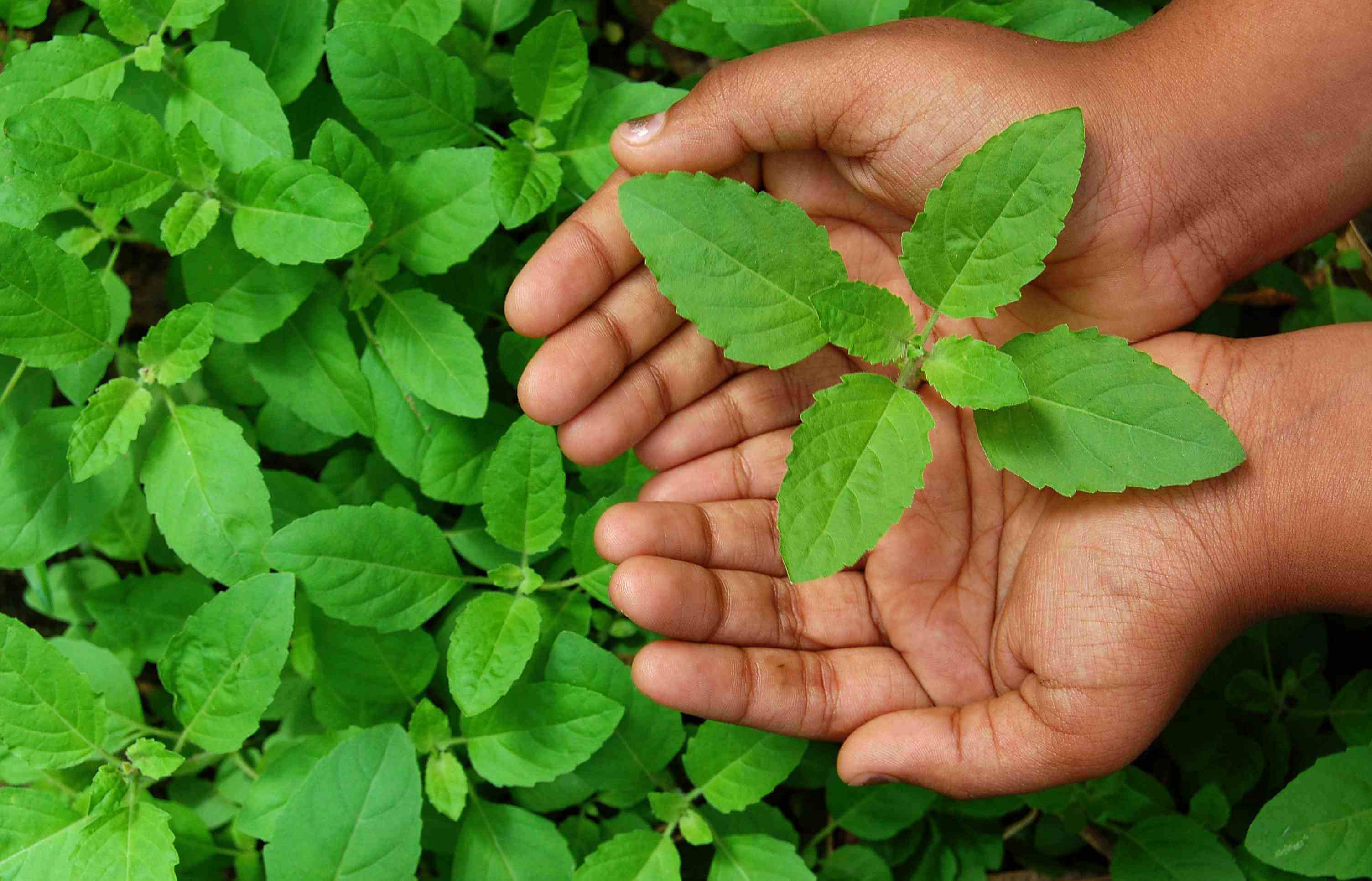





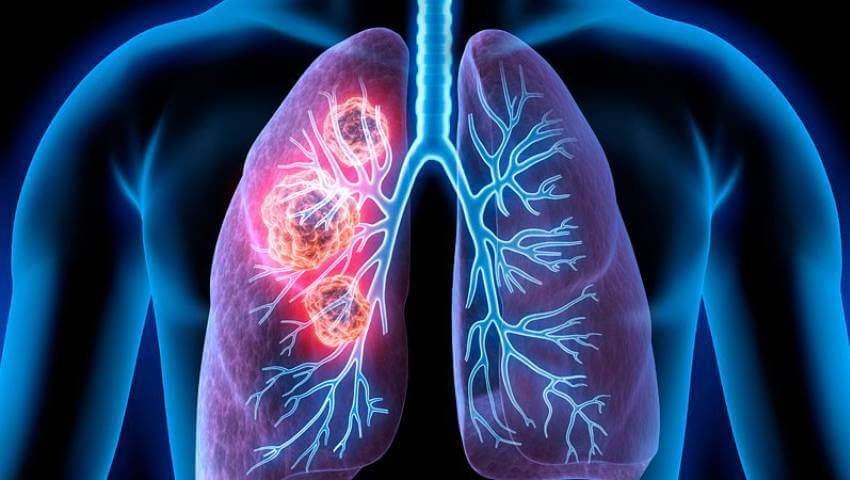













.jpg)




